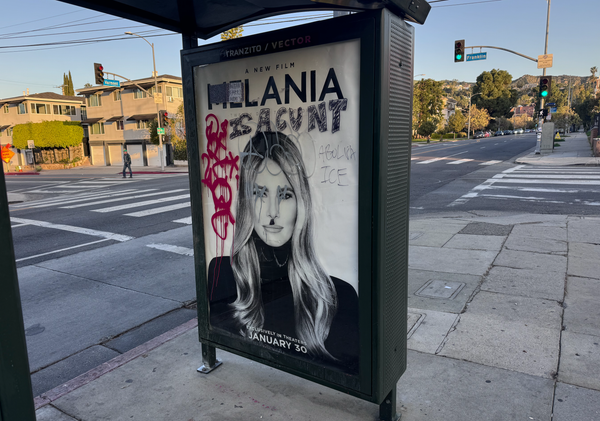Would you cheat to get home to New Zealand?
Why hit refresh 5000 times on your browser when some computer code could jump the queue?
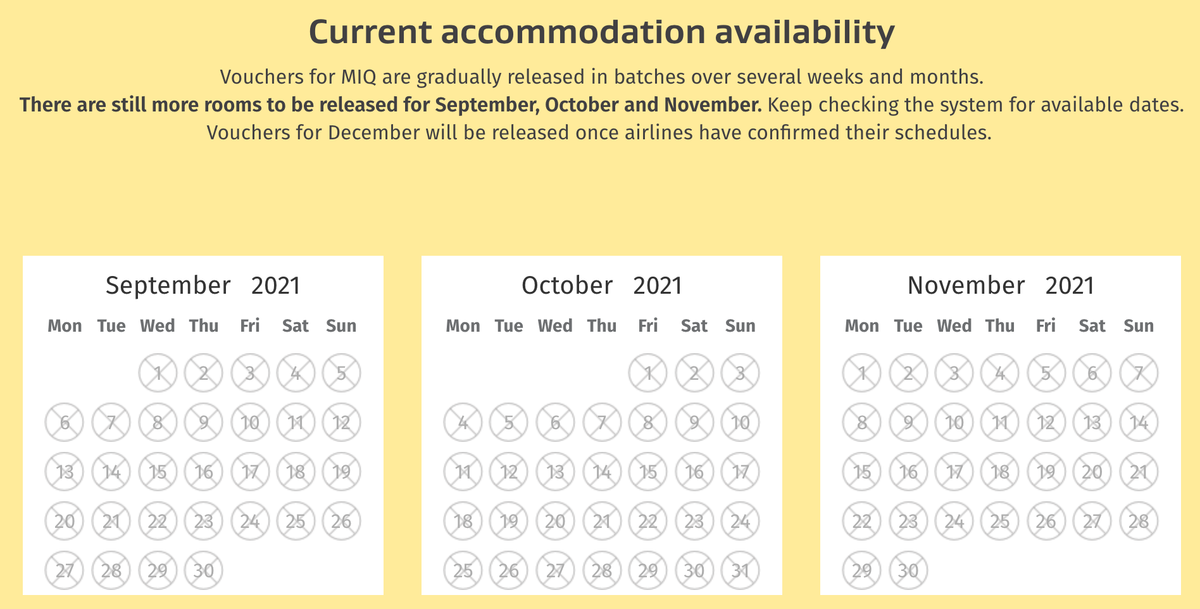
Hi,
The world has handled the Covid-19 pandemic in a variety of ways — with varying degrees of success. We’ve all seen what happened when it went unchecked, as horrifying scenes played out last year in the US, and more recently in India.
Other countries did better. New Zealand was one of them — it took a stand, taking Covid incredibly seriously from day one. We locked our borders and went into varying degrees of internal lockdown to stop cases that had already snuck in.
We are a success story — and the world trumpeted our success. “The master class on how to respond belongs to Jacinda Ardern” trumpeted the New York Times in April of last year:
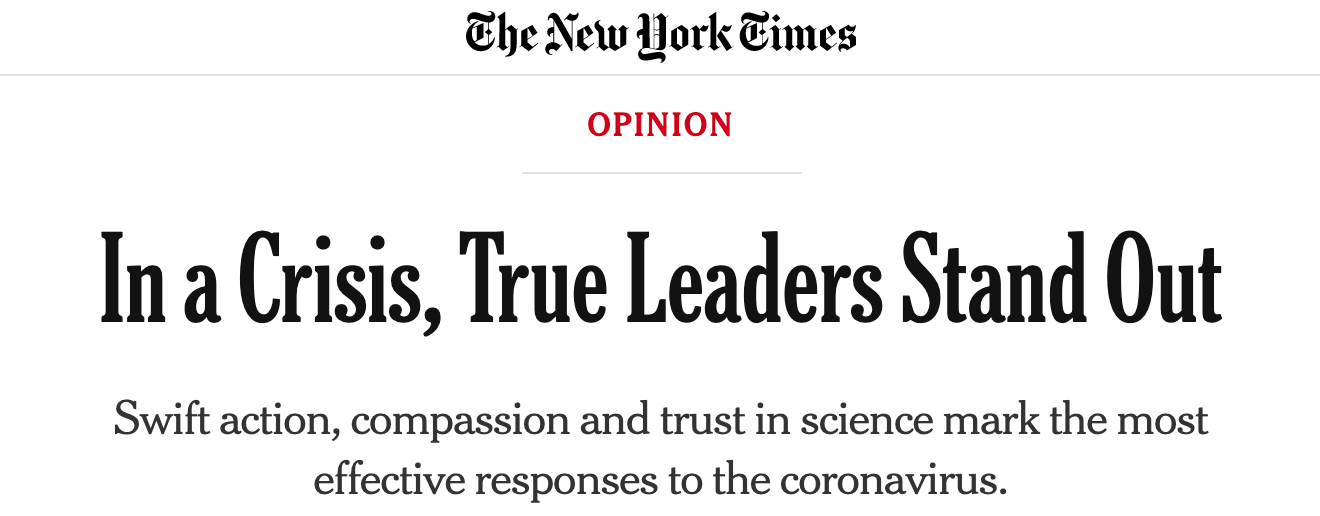
The master class on how to respond belongs to Jacinda Ardern, the 39-year-old prime minister of New Zealand. On March 21, when New Zealand still had only 52 confirmed cases, she told her fellow citizens what guidelines the government would follow in ramping up its response. Her message was clear: “These decisions will place the most significant restrictions on New Zealanders’ movements in modern history. But it is our best chance to slow the virus and to save lives.” And it was compassionate: “Please be strong, be kind and united against Covid-19.”
That was over a year ago, and it made me incredibly proud to be a New Zealander.
Which is why today’s newsletter is an unusual one to write, because I find myself in the unusual position of not being able to return there.
The art of leaving; and the problem of returning
Okay: the cliff notes. I left New Zealand about three months ago to do some work in the United States — which is where I sit typing this now.
I can’t complain for being here — while New Zealand is cold and rainy, California is this sunny beast that is somehow managing to tan my typically pale, disgusting flesh.
When I left, I knew that to return to New Zealand, I’d have to book a spot in “Managed Isolation and Quarantine”, also known as MIQ.
See, anyone flying back into New Zealand is popped onto a bus (or plane if the trip is long) so you can be dropped at an official quarantine hotel. And there you remain for 15 days — mostly confined to a room, but fed and watered with yummy food. You’re given regular Covid tests, and any cases are monitored. If you’re clean on Day 15, out you to trot to freedom. It costs about $3000 for the 15 days hotel experience.
Another fact: the vaccine rollout in New Zealand is slow. When I left, vaccines weren’t even available. And hey — it’s okay — because we don’t really have Covid in NZ.
The second day I landed in America, I got my first vaccine jab, and a few weeks later I got my second. I am saying this because in the back of my stupid mind, I thought being fully vaxxed would somehow make it easier to get back into New Zealand when the time came.
“Maybe I won’t even need a hotel by the time I return in December” I thought to myself. “Maybe being fully vaxxed and microchipped will mean I’ll be allowed to self-isolate at home by then” I thought. “Or I’ll be able to skip any kind of isolation at all!”
I was wrong.
Sorry to interrupt — but if you like what you’re reading, consider becoming a paying subscriber. This is what keeps Webworm ticking — and helps pay the occasional legal bill for Webworm related matters! Only do this if it doesn’t cause you financial hardship.
Okay. Back into it…
Choose your fighter
And so my week has been spent on a fun website called allocation.miq.govt.nz. This website is my home away from home, and my day is defined by setting aside a few hours each day to try and win a game called “Book a Spot in New Zealand MIQ”.
This is the game’s loading page:

It’s a bit like the character selection screen from Mortal Kombat, but instead of picking your fighter you’re picking the day you plan to arrive back in New Zealand.
Except you can’t select any characters because they’ve all been taken.

But not to fear — some people who have previously booked spots may change their mind. Flights change. Plans change. And when they do, a slot will become free.
So the game actually turns out to be continuously hitting “refresh” on your browser until a day becomes free.
More specifically: you hit refresh, you scroll down the page to the calendar, you arrow through August-September-November, you see no dates are free, and you hit refresh again. You scroll down the page to the calendar, you arrow through August-September-November, you see no dates are free, and you hit refresh again. And again. And again. And again.
And again.
After playing this game for three days, for I’d estimate about three hours, I finally came across a day in November that was free. It happened about five past the hour, which is allegedly a common time for spaces to be released.
I greedily clicked on the date, and was quickly launched into a quickfire round — clicking “I am not a robot” to confirm I was real, before being boosted into a bonus level called the CAPTCHA test.
Here I had to quickly prove I knew what a taxi was:
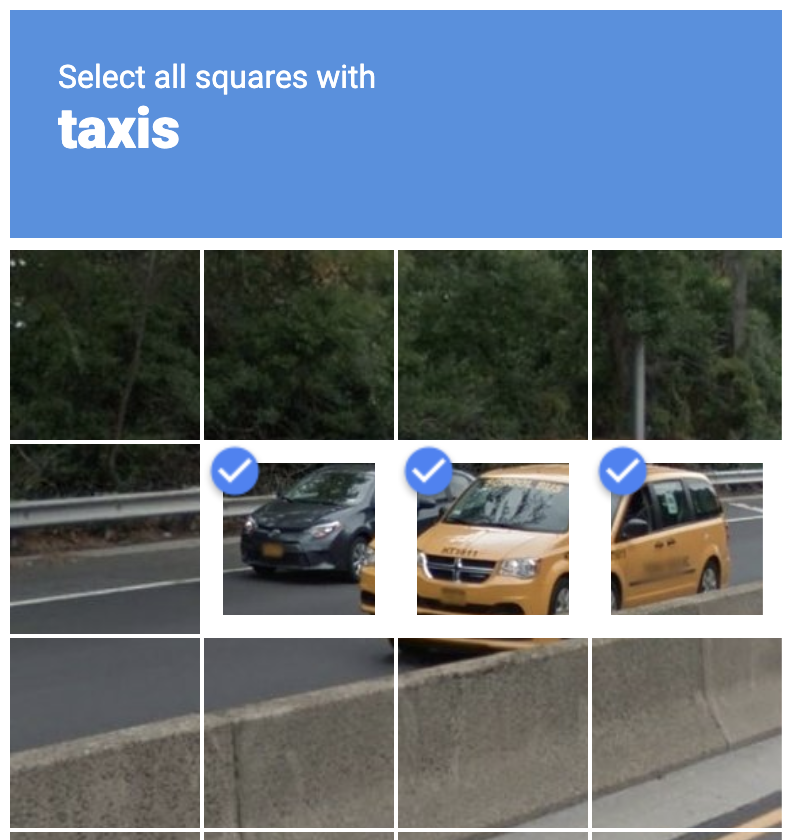
And then what a traffic light was:
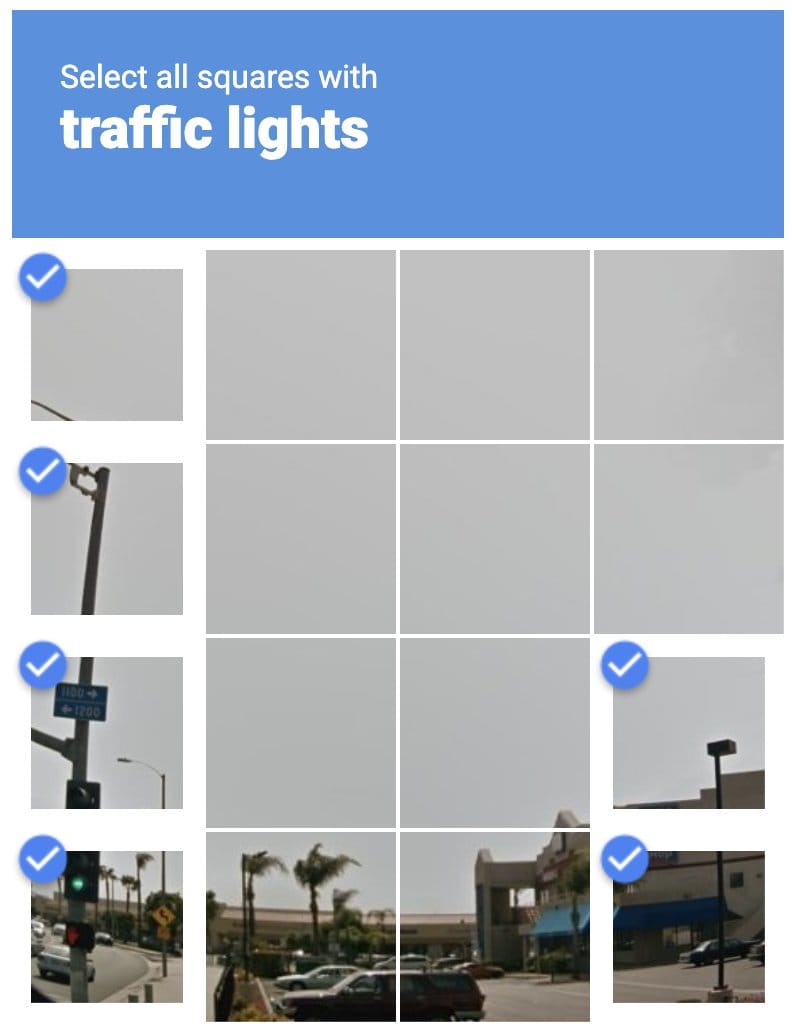
And here’s the thing: clicking these squares was incredibly stressful, as I knew that hundreds of other people were doing exactly the same thing — chasing the same recently-released MIQ spot I was chasing.
And surely enough — when I’d completed the CAPTCHA test, the place was already gone.
The fact that made me feel both solace and anger? I’d been beaten by a bot. I hadn’t stood a chance.
And I’m not the only one:
What's it like applying for quarantine in New Zealand? I made a video of 100 attempts to secure a spot. Almost got there once.
— Jonathan Brewer 🇳🇿🇸🇬💉💉 (@kiwibrew) 12:16 AM ∙ Jul 9, 2021
Beaten by a bot
My suspicion was confirmed by Sean Gourley, a physicist and mathematician on Twitter:
“Unfortunately at this point if you want a place in MIQ then you have to use a script. All because the website has been poorly designed as is easily exploitable by automated processes,” Sean said.
Bots grabbing spots was a step above what had already been happening — desperate kiwis paying someone else to do the “refresh” job for them:

But a few lines of code was a much more efficient solution than another human.
As I was informed by someone smarter than me: “It doesn’t work without a bot. Logs will confirm this, as bookings will be happening [in less than] 750 milliseconds which is faster than a human can navigate this UX [user interface]”
So — what to do to get home?
If you can’t beat them… join them?

I found myself on a website with the downloadable bits you need to make finding a spot automated. As the creator put it:
“These tools were designed to make it easier to book a spot in New Zealand Managed Isolation and Quarantine. This should mainly help you save your precious time and not have to manually refresh the website until you find one of the rare spots.”
Of course, this raises a host of ethical considerations — as running this code (about 500 megabytes worth) will give you godlike powers over others trying to get home.
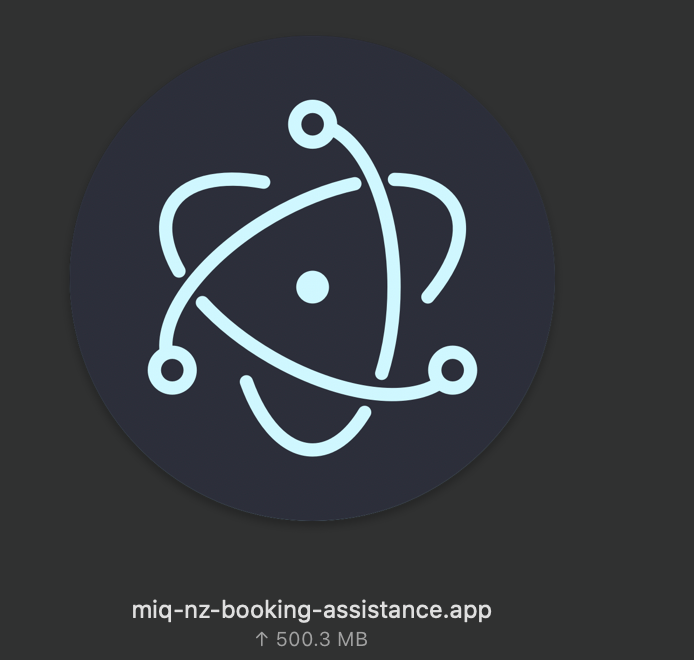
The coder reasoned their way through this moral conundrum like this:
“Please keep in mind that your advantage in using this tool will make it harder for others, not using a helper tool, to get a spot. Please help others to get started with these tools, so everyone gets an equal chance.
There are several media reports on the existence of multiple similar tools, but when these tools were created, none of them seemed to be published publicly. Hopefully, by publishing, it’s going to be fairer for everyone.”
You can read the makers’ logic here.
How effective is the code? Well, I haven’t used it. It sits here, for anyone to use. Ethically it doesn’t sit well with me. But according to the FAQ (and remember, I’ve spent hours on this thing):

What this demonstrates to me? The system is broken.
If a load of people are trying to get Beyonce tickets, and a bunch of them are running scripts — then it’s pretty clear who’s gonna be attending that concert.
(Spoiler: it’s the unethical ones).
With all that said: if I was desperate to get home for a family emergency, say — would my ethics shift? Yes, they might.
If you can’t beat them… join them (but even the playing field)
In the short term — I’d suggest evening the playing field between scripts and humans.
I’d do it like this: When a date becomes free — keep it open for five minutes.
During that five minutes, anyone can book. People with scripts. People without. Let them all go at it. Human versus machine. Just like in Terminator 2: Judgement Day.

Once all the entries are in — randomly select one entry. Not the fastest entry (that would be a scripted one) — but a random entry.
“Because it’s all linked to a passport number, there can only be one entry per person. So humans and bots would all be on equal terms at that point,” Sean Gourley weighs in. You know, the brainy maths man from earlier.
And I think it’s a fucking good plan.
I am sure there are grander ways to fix this issue: role a vaccine out faster in New Zealand. Increase the number of hotels available for MIQ. Shorten the stay from 15 days to a week (like it was here in California) — instantly doubling the spots available.
Also — I am very aware I am not qualified to offer such thoughts. I just know I fucking hate this traffic light game.
And I think it’s worth noting that despite a lot of highly qualified and highly paid people working on this — there are many problems with the system. Like — you know how I said earlier that spots opened up when people’s plans changed? Well, as reported by Newsroom’s Matthew Scott, looks like officials aren’t actually tracking room availability. They have no fucking clue.
A note on empathy
Empathy is a funny old thing, huh.
I made a joke to my friends back in New Zealand in a group chat about this whole mess: “Now I see what everyone is moaning about. Funny how when something happens directly to you it gives you empathy towards others,” I typed.
Thing is, maybe it wasn’t a joke. I wasn’t all that empathetic towards kiwis I’d heard moaning about difficulties getting home.
Now I am. I guess if I’ve learnt anything from this, it’s trying to be better at perceiving someone else’s experiences. Thought I had that nailed down in my line of work, but I can do better.
In the meantime, I guess I’m back to a day of checking out traffic lights and yellow taxis. Totally normal.
I’m curious what you make of the ethics around this. See you in the comments section below.
David.
PS: If you want to share this Webworm, it’s webworm.co/p/trapped
PPS: In brighter news, enjoy these kittens. My friend and her sister rescued them. They were dehydrated and very hungry. No mother, only my neck.





